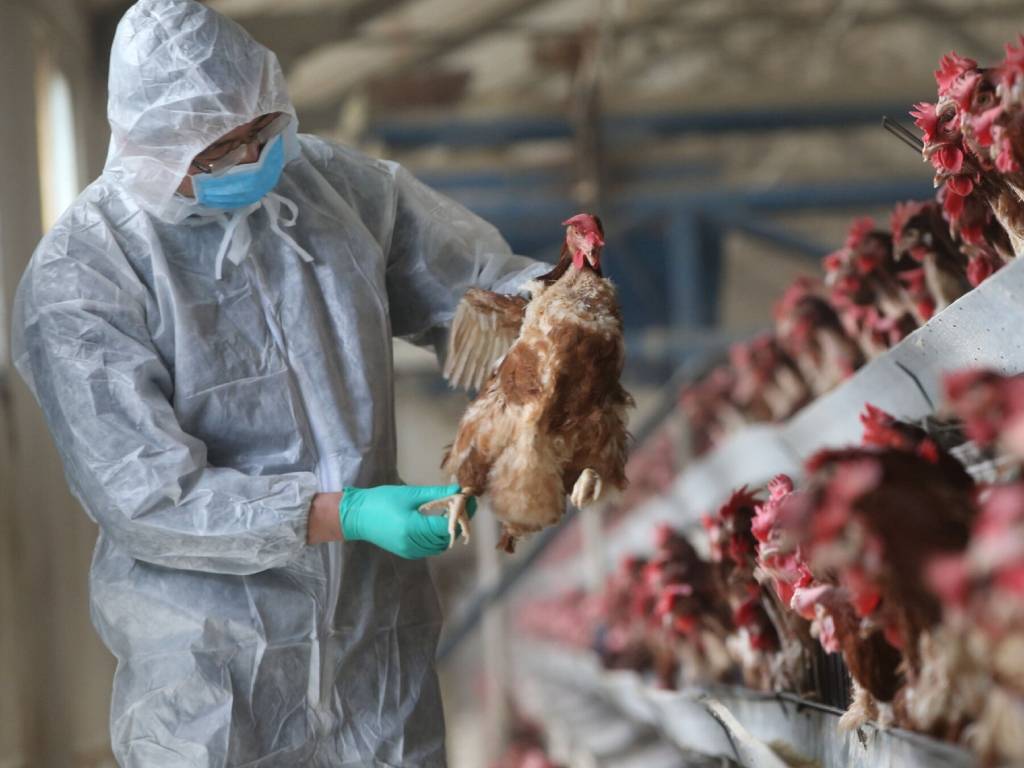
Animal and disease experts caution that the avian flu has spread to other parts of the world and has turned into a year-round issue.
According to the reports, the issue was discussed by more than 20 specialists and farmers from four continents. They opined that recent epidemics on chicken farms will likely continue. Also, they advised farmers to take the disease seriously throughout the year rather than only taking precautions during the wild bird migration seasons in the spring.
The virus has continued to spread over North and South America, Europe, Asia, and Africa during the summer's heat and the winter's cold.
After the disease killed tens of millions of chickens last year, egg prices reached all-time highs. Those who utilize eggs as their primary source of protein are particularly harmed by these record costs, which come at a time of general economic distress.
According to specialists, wild birds are mostly to blame for the virus's spread. Ducks and other waterfowl can carry the disease and transmit it to chickens by infected excrement, saliva, and other methods.
The finest efforts of farmers to protect their birds are ineffective.
The virus typically kills poultry, and when merely one bird tests positive, entire flocks of birds are slaughtered.
The virus' threat may be lessened but not entirely eliminated by vaccinations, which also make it more difficult to spot the virus' existence in birds.
The World Health Organization states that there is still a low risk to humans despite the fact that the virus can infect people, usually those who come into touch with infected birds.










